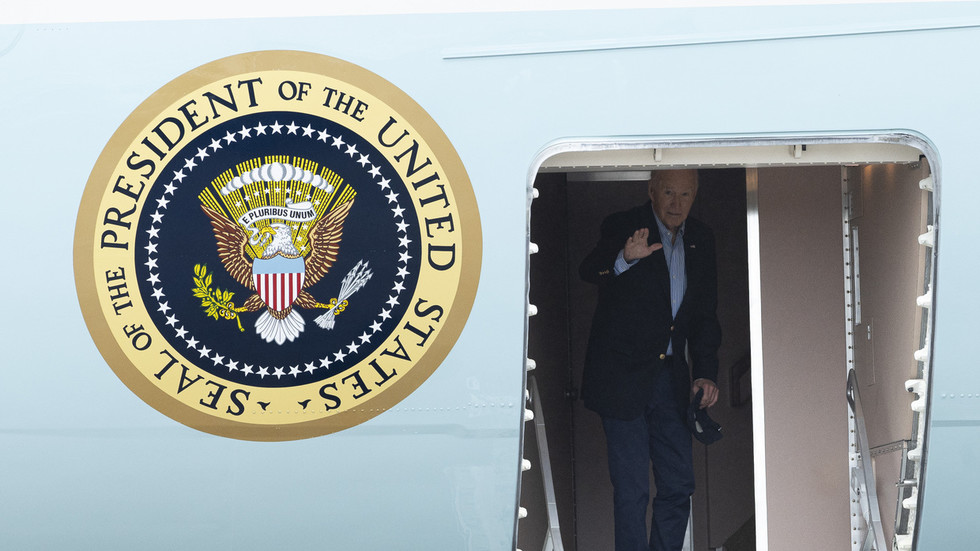The current political landscape has taken a tense turn following multiple assassination attempts against Donald Trump, the Republican presidential candidate. In light of these threats, President Joe Biden has indicated that Trump’s urgent requests for increased security should be met, including military transport. Biden stated firmly that Trump should receive “everything needed” for his safety, allowing for substantial protective measures akin to those provided for a sitting president, emphasizing that all requests should be scrutinized for appropriateness, specifically avoiding any demands for military fighter jets. This acknowledgment from the President underlines the serious nature of the threats against Trump and confirms a commitment to ensuring the safety of political figures amid the escalating risks they face.
Trump’s campaign has been in touch with both the White House and the Secret Service to secure military assets, specifically requesting aircraft and vehicles to enhance his safety as he travels between campaign events. Additionally, they are seeking increased flight restrictions around his homes and rally venues, although there are no reports of requests for fighter jet escorts. The Secret Service, which is responsible for the security of presidential candidates, has confirmed the receipt of requests for elevated protection but has refrained from disclosing specific details, maintaining that Trump is currently enjoying the highest levels of protective support. This response illustrates the agency’s adaptive strategy in managing Trump’s security needs and reflects the growing urgency to address potential threats against candidates in the lead-up to the elections.
Criticism directed at the Secret Service has escalated, especially following its mismanagement during the first assassination attempt in July, which led to the resignation of its director. In response to the incidents, the agency has ramped up its protective measures, integrating advanced technology such as unmanned aerial vehicles and counter-drone systems. These changes signify an evolving approach to safeguarding candidates against emerging threats, with the Secret Service emphasizing its commitment to assess and adjust protective protocols dynamically in response to the nature of threats faced by Trump and other candidates.
Moreover, Trump himself has raised alarms regarding perceived significant threats to his life, particularly from Iran. Following a meeting with officials from the Office of the Director of National Intelligence, Trump and his campaign suggested they were made aware of “real and specific threats” against him, encompassing plans to destabilize the political climate in the United States. This warning came after a serious incident in July, when Trump narrowly escaped an assassination attempt during a rally in Butler, Pennsylvania. In this case, a young assailant fired shots, resulting in the tragic death of an audience member and highlighting the grave risks candidates encounter while campaigning for office in today’s environment.
The gravity of the situation was further compounded by the arrest of another individual, Ryan Wesley Routh, who was taken into custody while attempting to get close to one of Trump’s properties in Florida, reportedly with the intent to shoot. His background as a convicted felon with a history of spending considerable time in Ukraine adds layers of complexity and concern regarding his motivations and the potential connections to broader security threats against Trump. The FBI is conducting investigations into both assassination attempts, but several key details are yet to emerge, including any concrete links to terror plots, specifically those attributed to Iranian forces.
In summary, the assassination attempts against Donald Trump have not only led to heightened concerns about the safety of political candidates in the United States but have also prompted a significant response from federal security agencies. The Secret Service’s adjustments to Trump’s security detail, the debate over military assets for protection, and the acknowledgment of serious external threats depict a troubling scenario where the safety of public figures is in jeopardy. As the elections approach, the interplay between politics, safety, and security will be crucial to monitoring the broader implications for national security and the electoral process, emphasizing a pressing need for robust protective strategies for all candidates.

